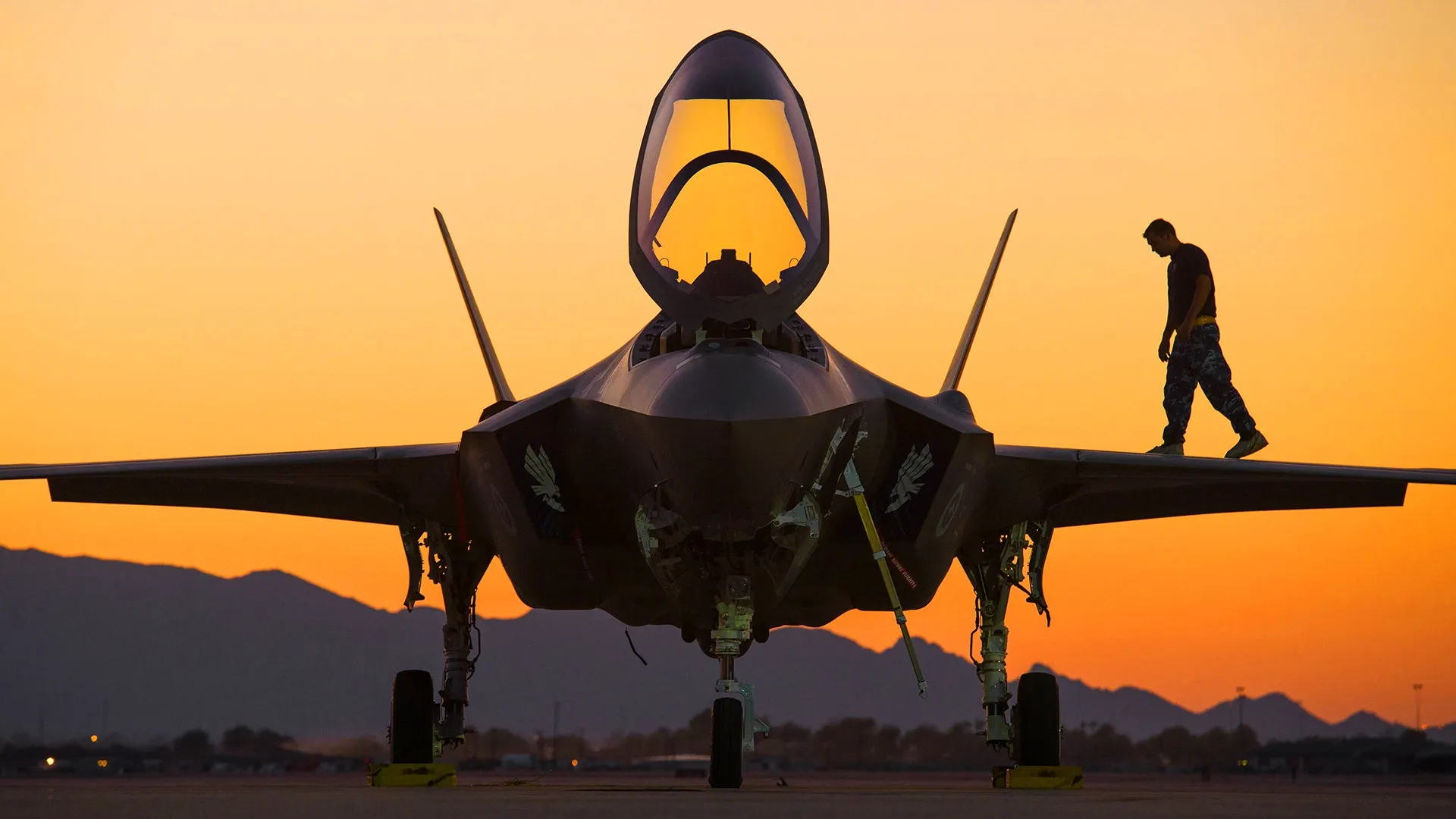A senior Emirati government official told Reuters on Monday that the United Arab Emirates (UAE) has planned not to resume negotiations with the United States over a multi-billion dollar deal for F-35 fighter jets.
The move follows a previous report that indicated the UAE could possibly change its decision if Trump wins the Presidency for another term. Still, two months before the US presidential election, the UAE has stated that it will not change its stand, come what may.
A UAE official speaking on condition of anonymity told Reuters over the weekend that the country’s stance has not changed, and the government is not expected to hold a new debate on the F-35 soon, regardless of the US presidential election results.
The F-35, equipped with a highly developed sensor system and advanced electronic warfare weapons and equipment, would be a valuable addition to the UAE. This country would become the second state in the Middle East to have these aircraft, after Israel.
It developed from the Lockheed Martin X-35, which was the winner of the Joint Strike Fighter JSF programme over the Boeing X-32 in 2001. Nevertheless, the United States continues to purchase most of the programme’s services and provide most of the financial support. The United Kingdom, Italy, the Netherlands, Canada, Turkey, Australia, Norway, and Denmark have offered $4—375 bn to actualise the programme’s developmental costs.
Middle East Eye contacted several ministries of the UAE and the US State Department for comment, but it needed to be acknowledged by publication.
The now-aborted deal involves $23 billion. Former President Trump had approved the sale of MQ-9 Reaper drones and munitions to the UAE after it embraced Israel in 2020 under a Trump-brokered deal.
Normalisation, which was endorsed by the Israeli cabinet in October 2020, saw the UAE emerge as the most influential Arab state to ink diplomatic ties with Israel in 30 years and offered what was considered to be a vital foreign policy feat to Trump ahead of his poor showing to Joe Biden.
However, in 2021, the UAE announced it was halting the negotiations to conclude the deal since the Biden administration has tried to introduce more strict curbs on the sale based on the concern that the UAE harnesses Huawei 5G technology and may provide the Chinese access to sensitive US defence information.
However, the Department of State with Barbara Leaf, the Biden administration’s top Middle East official, stated before the Congress in 2022 that the dispute with the UAE was not limited to 5G; it was “one among some, it was a list of things that require much more explanation”.
Currently, the UAE has the US F-16 and French Mirage 2000-9s fighter jets in its arsenal. But it has also bought Chinese ‘light attack’ aircraft. In July, the UAE had a military exercise with the Chinese military in the Chinese province of Xinjiang.
The fact that the UAE was keen on establishing military relations with Beijing was further reinforced by leaked documents from American spy agencies, which revealed that in December 2022, China had continued the construction of an army base in the UAE contrary to advice by the US to the Emiratis against it a year earlier.















